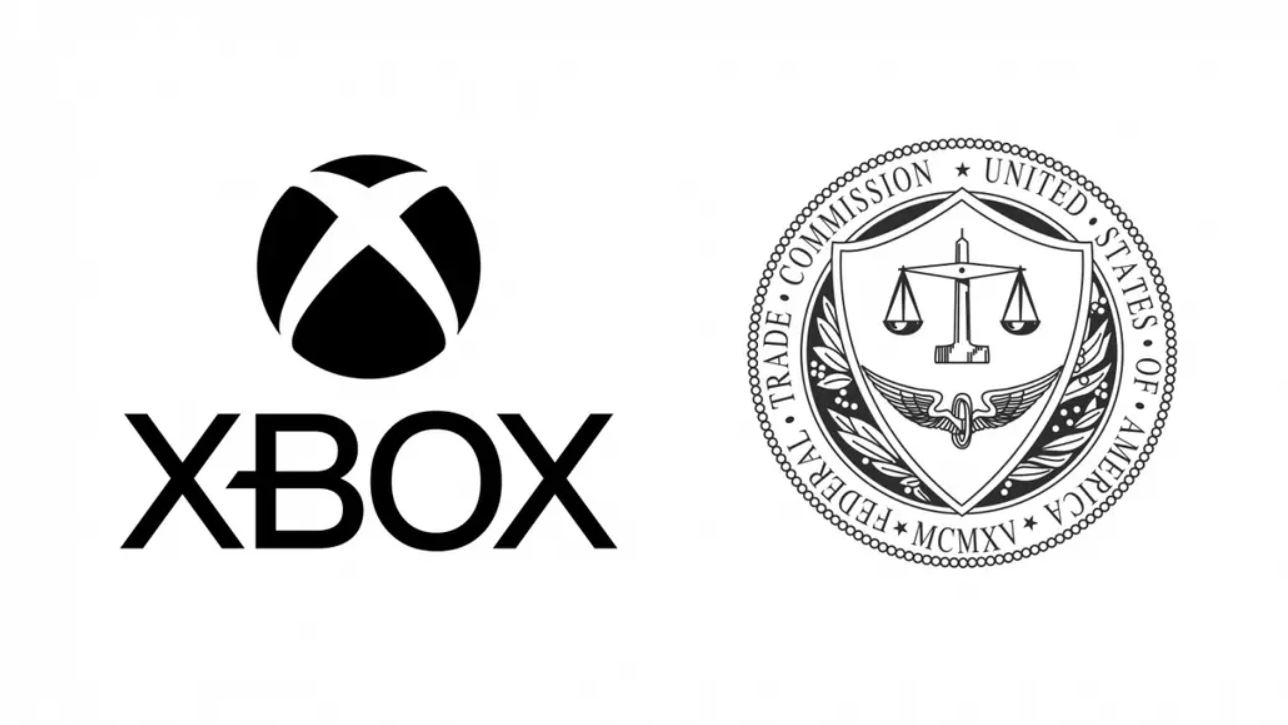FTC To Appeal Activision Blizzard Acquisition Decision

Table of Contents
The FTC's Initial Concerns Regarding the Activision Blizzard Acquisition
The FTC's opposition to the Microsoft-Activision Blizzard merger stemmed from significant concerns about competition and the potential for anti-competitive behavior. Their primary arguments centered on:
-
Domination of the Console Market: The FTC argued that Microsoft's acquisition of Activision Blizzard would give them an unfair advantage in the console market, particularly against Sony's PlayStation. Microsoft's ownership of franchises like Call of Duty, World of Warcraft, and Candy Crush would create an uneven playing field. The FTC worried about Microsoft leveraging these titles to lock consumers into the Xbox ecosystem.
-
The Power of Call of Duty: The FTC highlighted Call of Duty's immense popularity and influence, suggesting that Microsoft could make the game exclusive to Xbox, severely harming competition and potentially harming players on other platforms. This would give Microsoft an insurmountable advantage, potentially stifling innovation and harming the choices available to consumers.
-
Harm to Consumers: The FTC's core argument revolved around the potential harm to consumers. Restricting access to popular games or increasing prices due to reduced competition would directly impact gamers' experiences and wallets. This potential for anti-competitive pricing practices was a significant factor in their decision to oppose the merger.
The Judge's Ruling and the FTC's Decision to Appeal
Despite the FTC's concerns, a federal judge ruled in favor of Microsoft, allowing the acquisition to proceed. The judge's decision largely dismissed the FTC's arguments regarding anti-competitive practices, finding insufficient evidence to support claims of market dominance and consumer harm.
However, the FTC, disagreeing with this assessment, has chosen to appeal the ruling. Their appeal will likely focus on:
-
Procedural Errors: The FTC may challenge aspects of the court proceedings, arguing procedural irregularities that affected the outcome of the initial ruling.
-
Legal Interpretation: The FTC might dispute the judge's interpretation of antitrust laws and the application of those laws to the specific circumstances of the Microsoft-Activision Blizzard merger.
The appeal process is expected to be lengthy and complex, potentially taking months, or even years, to resolve.
Potential Outcomes and Implications of the Appeal
The appeal's outcome could significantly impact the future of the gaming industry. Two main scenarios are possible:
-
Scenario 1: FTC Wins the Appeal: If the FTC successfully overturns the original ruling, the acquisition will be blocked. This would be a major blow to Microsoft, forcing them to abandon their plans and potentially triggering significant financial repercussions. For Activision Blizzard, it could lead to uncertainty regarding future development and operations. For the gaming market, it would maintain the status quo, although uncertainty would remain regarding future acquisitions.
-
Scenario 2: Court Upholds the Original Ruling: If the court upholds the original decision, the Microsoft-Activision Blizzard merger will proceed. This would likely lead to increased scrutiny of Microsoft's actions and potential regulatory actions to ensure fair competition. The long-term impact on competition and the gaming market remains uncertain, though the deal's completion would signal a significant shift in industry power dynamics.
Beyond these immediate outcomes, the appeal sets a precedent for future mergers and acquisitions in the tech industry, significantly influencing how regulatory bodies approach similar deals in the future.
Impact on Gamers and Game Prices
The FTC Activision Blizzard Acquisition appeal's outcome will directly affect gamers:
-
Game Pricing: If the merger proceeds, concerns exist about potential price increases for Activision Blizzard games, particularly Call of Duty. If the merger is blocked, price fluctuations will likely depend on the competitive landscape that remains.
-
Game Availability: The availability of Activision Blizzard titles on different platforms is a central issue. Microsoft's potential to make games exclusive to Xbox is a major concern for PlayStation players and those using other platforms.
-
Future Game Development: The uncertainty surrounding the acquisition impacts future development. Delayed releases or altered game plans are possibilities depending on the appeal's outcome.
Conclusion
The FTC's appeal of the Activision Blizzard acquisition is a landmark case with far-reaching consequences for the gaming industry. The potential outcomes—from blocking the merger to solidifying Microsoft's dominance—will significantly affect competition, game pricing, and the overall gaming experience for millions of players worldwide. The implications extend beyond this specific deal, shaping the future of mergers and acquisitions in the tech sector. To stay updated on this pivotal legal battle and its effects on the future of the FTC Activision Blizzard Acquisition, follow reputable news sources dedicated to business, technology, and gaming law. The outcome will have a lasting impact on the gaming landscape, and staying informed is crucial.

Featured Posts
-
 Anthony Edwards Injury Update Will He Play In Timberwolves Lakers Game
Apr 29, 2025
Anthony Edwards Injury Update Will He Play In Timberwolves Lakers Game
Apr 29, 2025 -
 Two Georgia Deputies Shot During Traffic Stop One Fatality
Apr 29, 2025
Two Georgia Deputies Shot During Traffic Stop One Fatality
Apr 29, 2025 -
 The 2024 Minnesota Snow Plow Name Winners
Apr 29, 2025
The 2024 Minnesota Snow Plow Name Winners
Apr 29, 2025 -
 Israel Under Scrutiny For Gaza Aid Blockade As Resources Deplete
Apr 29, 2025
Israel Under Scrutiny For Gaza Aid Blockade As Resources Deplete
Apr 29, 2025 -
 Texas Woman Dies In Wrong Way Crash Near Minnesota North Dakota Border
Apr 29, 2025
Texas Woman Dies In Wrong Way Crash Near Minnesota North Dakota Border
Apr 29, 2025
Latest Posts
-
 Nine Fatalities Reported After Vehicle Strikes Crowd At Vancouvers Filipino Festival
Apr 29, 2025
Nine Fatalities Reported After Vehicle Strikes Crowd At Vancouvers Filipino Festival
Apr 29, 2025 -
 Car Plows Into Crowd At Vancouver Filipino Festival Leaving Nine Dead
Apr 29, 2025
Car Plows Into Crowd At Vancouver Filipino Festival Leaving Nine Dead
Apr 29, 2025 -
 Vancouver Filipino Festival Tragedy Nine Dead After Car Incident
Apr 29, 2025
Vancouver Filipino Festival Tragedy Nine Dead After Car Incident
Apr 29, 2025 -
 Ohio Doctors Murder Conviction Sons Emotional Journey Before Parole Decision
Apr 29, 2025
Ohio Doctors Murder Conviction Sons Emotional Journey Before Parole Decision
Apr 29, 2025 -
 Parole Hearing Looms For Ohio Doctor Convicted Of Killing Wife 36 Years Ago
Apr 29, 2025
Parole Hearing Looms For Ohio Doctor Convicted Of Killing Wife 36 Years Ago
Apr 29, 2025
